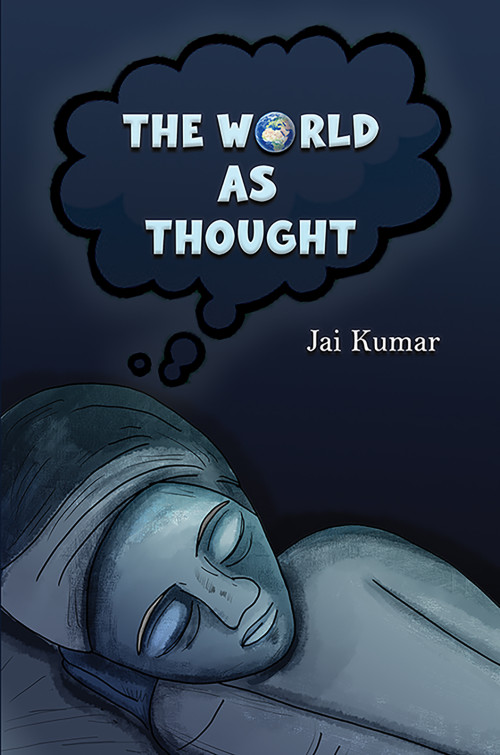
By: Jai Kumar
*Available directly from our distributors, click the Available On tab below
Georg Sieberer alias Jaya Kumar. Born in 1940. At the age of 22 broke off his studies at the University of Vienna to go to India, in quest of a `higher truth`. There, under the name Jai Kumar, he became an ascetic monk and follower of devotional Vaishnavism, the religion of the world sustaining god, Vishnu. Taking his devotional practices as a stepping stone to primarily aspire for knowledge of transpersonal divinity. Upon the death of his guide, he was compelled to return to Europe after 12 years. Jay published, in German, the book Du bist der Einzige Ausweg (= You are the only Way Out), which reflected his personal experiences as a devotee. From then on he was almost exclusively engaged in philosophical reasoning about the roots of our personal being and, in sequence, on the background of physical reality as understood by science.
Throughout these post-Indian years, I have had practically no contact with persons who would have followed not to say shared my observations. To sustain myself I found jobs, which left me sufficient time to think and to write down my findings. The recently published German book Der Weltgedanke is my first attempt to make a part of this accessible to others, the here presented similarly titled manuscript is my own translation of the German book into English with some modifications and additions. Though I have approached my topics in a popularly accessible form, I wonder if the book will find more than precursory readers: Aside from the demerits of my presentation, worldly reality is too hardboiled to easily reveal the taste of its inside yoke.
“The world as thought” is a demanding book because it is often difficult to follow the unusual ideas presented in it, and because such persistently questioning thought is exhausting. It is a revolutionary book because the author navigates both Indian and Western philosophical terminology, challenging and revolutionizing our familiar understanding of the self and the world. It is a moving book when one considers that the author, in his lifelong quest for knowledge, endured years of renunciation and asceticism as a young man in an ashram under the scorching heat of India, and then continued to ponder and deepen what he had experienced and intuited, while working as a night porter in Vienna. Now, in his advanced age, he still remains on this path every day, searching, thinking, and writing. And this path, after all, is supposed to be the goal. “The world as thought” deserves to find dedicated readers!
We use cookies on this site to enhance your user experience and for marketing purposes.
By clicking any link on this page you are giving your consent for us to set cookies